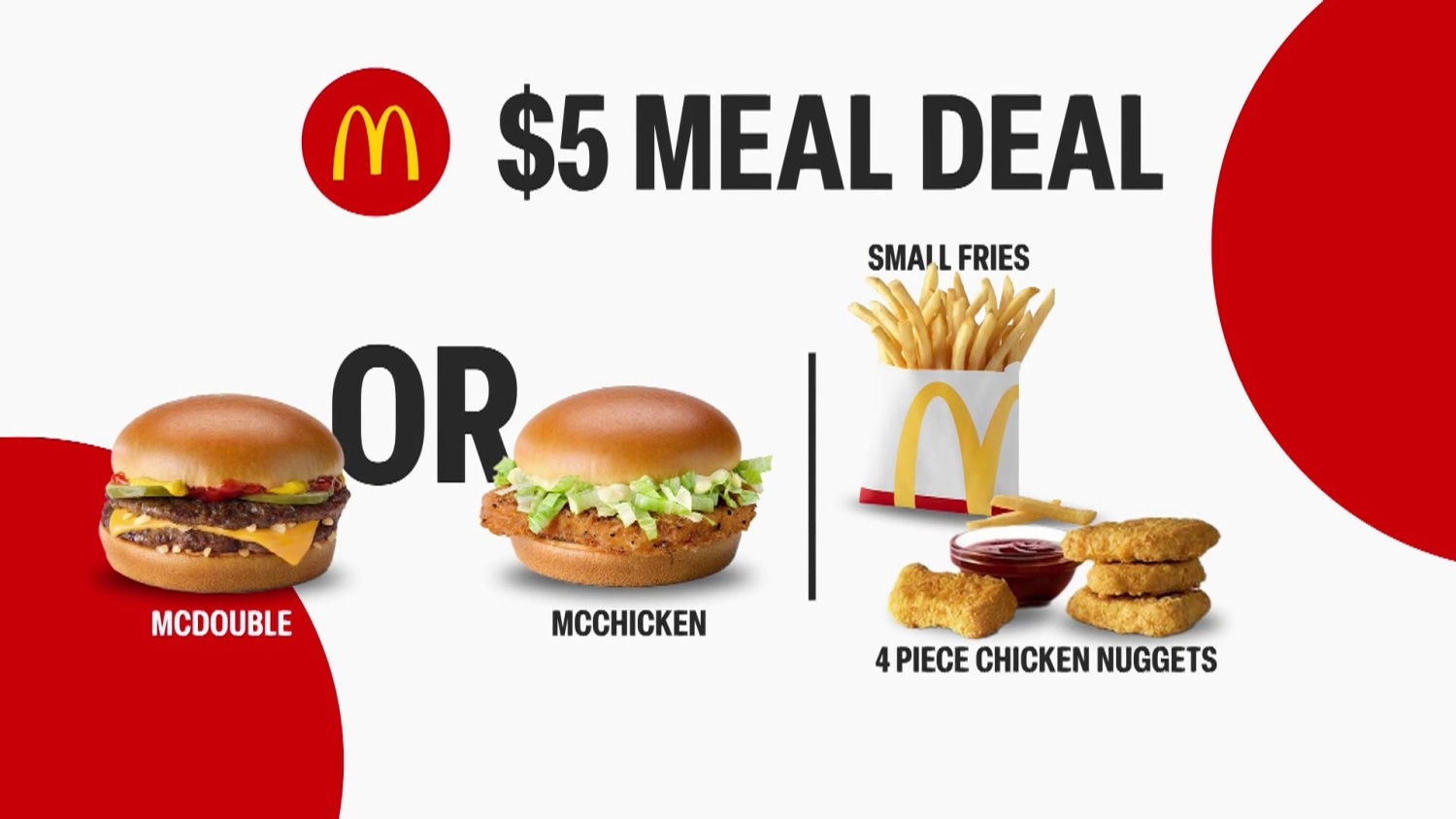Toyota vs. Honda: Brand Comparison
When it comes to reliable and popular vehicles, few brands are as prominent as Toyota and Honda. Both manufacturers have earned their places at the forefront of the automotive industry, consistently delivering vehicles that boast reliability, efficiency, and overall value. In this blog, Dealnew will dive into a detailed comparison of various car models from both brands, exploring their strengths and weaknesses across different categories, including sedans, SUVs, and hybrids.
Overview of Toyota and Honda
Before we jump into the specific comparisons, let’s briefly look at what makes these two brands tick.
Toyota is renowned for its durability and resale value. With a broad lineup ranging from compact cars to full-size trucks, Toyota caters to various customer needs. Their commitment to hybrid technology, evident in models like the Prius, sets them apart in the fuel-efficient category.
Honda, on the other hand, is known for its sporty driving dynamics and innovative engineering. Models like the Civic and Accord have become synonymous with excellent performance and user-friendly technology. Honda also emphasizes safety and environmental consciousness, evident in their extensive hybrid and electric offerings.
Sedans: Toyota Camry vs. Honda Accord
Two of the most popular midsize sedans on the market are the Toyota Camry and the Honda Accord. Both vehicles offer a compelling mix of performance, comfort, and technology, making them favorite choices for families and commuters alike.
Performance
When it comes to performance, the Honda Accord tends to edge out the Camry. The Accord offers a turbocharged 1.5-liter four-cylinder engine that delivers 192 horsepower, with an optional 2.0-liter turbo engine generating up to 252 horsepower. This means more spirited driving dynamics, particularly in the sportier trims.
The Toyota Camry, while still capable, typically features a naturally aspirated 2.5-liter four-cylinder engine producing 203 horsepower in its base trim. However, it also offers a robust V6 option that delivers 301 horsepower, appealing to those who desire a little more power.
Interior and Comfort
In terms of interior space, both models shine. The Accord is slightly larger, providing more legroom and cargo space. However, the Camry's interior is often regarded as more upscale, featuring higher-quality materials and an intuitive layout.
Both vehicles come equipped with advanced infotainment systems. The Camry uses Toyota's Entune system, while the Accord features Honda’s Display Audio system. Both have Apple CarPlay and Android Auto compatibility, ensuring you stay connected while on the road.
Safety
Safety is a significant consideration for many car buyers, and both the Camry and Accord are equipped with an array of advanced safety features. The Toyota Safety Sense and Honda Sensing suites offer adaptive cruise control, lane departure warning, and automatic emergency braking. Both vehicles have received high safety ratings from the National Highway Traffic Safety Administration (NHTSA) and the Insurance Institute for Highway Safety (IIHS).
Related: 10 Best Family SUVs You Can Buy Today
SUVs: Toyota RAV4 vs. Honda CR-V
In the SUV segment, the Toyota RAV4 and Honda CR-V are two of the most popular choices among consumers. Both vehicles have their own unique features that cater to the needs of families and adventure seekers alike.
Performance and Efficiency
The Toyota RAV4 is equipped with a standard 2.5-liter four-cylinder engine that generates 203 horsepower. It provides a smooth ride with excellent fuel efficiency, achieving up to 35 mpg on the highway.
The Honda CR-V, on the other hand, offers a turbocharged 1.5-liter four-cylinder engine producing 190 horsepower. While slightly less powerful than the RAV4, the CR-V is known for its agile handling and impressive fuel economy, reaching up to 34 mpg on the highway.
Interior and Cargo Space
Both SUVs offer spacious interiors, but the CR-V generally has an edge regarding cargo space. The CR-V provides around 75.8 cubic feet of cargo room with the rear seats down, compared to the RAV4's 69.8 cubic feet. This can be a deciding factor for families who need ample storage for trips.
Both vehicles come equipped with user-friendly infotainment systems, but the RAV4’s larger touchscreen options and superior sound system may appeal to those looking for a more advanced tech experience.
Safety Features
Similar to their sedan counterparts, both the RAV4 and CR-V come equipped with comprehensive safety features. Toyota’s Safety Sense 2.0 and Honda Sensing offer comparable safety technologies, including adaptive cruise control, lane keeping assist, and collision mitigation. Both models have received high marks in safety testing, providing peace of mind for families.
Hybrids: Toyota Prius vs. Honda Insight
When discussing fuel efficiency, the hybrid segment is where Toyota has made its mark with the Toyota Prius, while Honda has entered the fray with the Honda Insight. Both hybrids aim to offer exceptional fuel economy and a comfortable driving experience.
Fuel Efficiency
The Toyota Prius is known for its outstanding fuel efficiency, achieving up to 58 mpg in the city and 53 mpg on the highway. This makes it one of the most fuel-efficient vehicles on the market, appealing to eco-conscious consumers.
The Honda Insight, while slightly less efficient, still offers impressive numbers, with up to 55 mpg in the city and 49 mpg on the highway. For many buyers, the Insight’s more traditional sedan styling and interior comfort may make it a more appealing choice compared to the Prius’s distinctive design.
Driving Experience
While the Prius is designed primarily for efficiency, the Insight offers a more engaging driving experience. Its electric motor assists the gasoline engine to provide a seamless power delivery, resulting in a more spirited ride. The Insight also boasts a quieter cabin, making it feel more refined on the road.
Interior and Technology
In terms of interior quality, the Honda Insight typically has a more upscale feel compared to the Prius. The Insight offers higher-quality materials and a more modern design, while the Prius focuses on functionality.
Both vehicles come with advanced technology, including smartphone integration and driver-assistance features. However, the Insight’s infotainment system is often considered more user-friendly, which can enhance the overall driving experience.
Related: Best Car Models for Mountain Driving
Conclusion: Which Brand is Right for You?
Both Toyota and Honda offer compelling vehicles across various categories, making them excellent choices for different types of buyers.
-
If you prioritize reliability, resale value, and a robust selection of hybrid options, Toyota might be the better choice for you. The Camry and RAV4 are standout models that offer comfort, safety, and impressive performance.
-
On the other hand, if you value driving dynamics, interior quality, and user-friendly technology, Honda may be the way to go. The Accord and CR-V are excellent examples of how Honda excels in providing a more engaging driving experience without compromising comfort and safety.
Ultimately, the choice between Toyota and Honda will depend on your personal preferences and priorities. Both brands have earned their reputations for quality and reliability, so you can’t go wrong with either choice. Conduct thorough research, take test drives, and consider what features matter most to you to make the best decision for your next vehicle purchase.
For more detailed insights and comparisons, visit Dealnew, where we delve deeper into the world of automotive excellence and help you find the perfect vehicle to suit your needs!
LATEST

Last updated: Aug 30, 2024

Last updated: Sep 9, 2024

Last updated: Apr 24, 2025

Last updated: Sep 9, 2024

Last updated: Apr 24, 2025

Last updated: Sep 9, 2024
